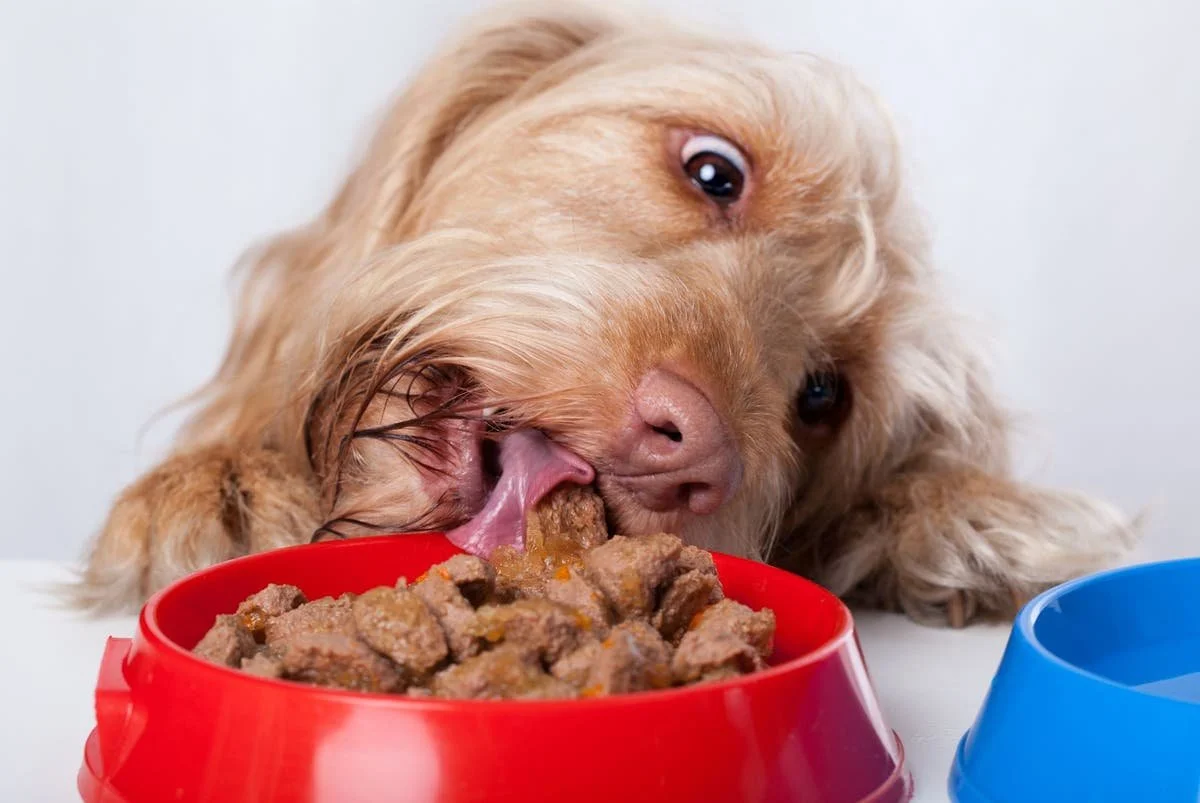As pet parents, we all want the best for our furry companions, which includes providing them with the healthiest diet possible. Increasingly, we're seeing a shift towards natural pet foods, driven by their undeniable benefits for the health and wellness of pets. At our community-based pet supply store, we specialize in natural, holistic pet foods that cater not only to the nutritional needs of dogs and cats but also support their overall well-being.
Natural diets for pets focus on whole, minimally processed ingredients that are both nutritious and more digestible. By choosing a diet that mirrors their ancestral eating habits, your pets can enjoy improved digestion, enhanced energy levels, and a shinier coat. Moreover, natural foods are often free from artificial colors, flavors, and preservatives, which means fewer chemicals and potential allergens affecting your pet’s health.
Our commitment is to help you understand why a natural diet is crucial and how you can effectively transition your pet to these wholesome foods. Through an expertly curated selection of products and knowledgeable guidance, we empower you to make informed decisions that pave the way to a healthier lifestyle for your pets.
Understanding the Benefits of a Natural Diet for Pets
Feeding your pets a natural diet provides wide-ranging advantages that impact not just their physical health but also their behavior and longevity. A natural diet, often rich in proteins, aligns closely with what dogs and cats consumed in the wild. This natural form of feeding reduces the risks of obesity, allergies, and digestive issues which are commonly observed among pets on commercial diets filled with processed foods. By focusing on whole and natural foods, we help ensure that pets are not only satiated but also receiving the maximum nutritional benefits from their meals.
Moreover, a natural diet strengthens the immune system of pets. As we observe their diet closely, we find that natural food helps in the development of a shinier coat, healthier skin, and more energy. These changes are noticeable and change the way pet parents view pet nutrition, emphasizing that what they feed their pets directly impacts the quality of life and health of their beloved animals. Natural foods have fewer additives and preservatives, which means they're safer and more in keeping with your pet's biological dietary needs.
Key Nutrients Found in Natural Pet Foods
When exploring the components of natural pet foods, it's essential to identify the key nutrients that contribute to a pet's healthy diet. Firstly, high-quality protein sources such as chicken, lamb, or fish serve as the foundation. These proteins are crucial for muscle development and maintenance, especially in active and young animals. Secondly, natural fats and oils found in these foods not only improve the taste but also provide necessary fatty acids like omega-3 and omega-6. These acids are pivotal in maintaining healthy skin and a glossy coat.
Fiber in natural pet foods, derived from vegetables and fruits, supports digestive health effectively managing weight and bowel regularity. Moreover, natural diets typically include a blend of essential vitamins and minerals that support various bodily functions from bone health to nerve function. Calcium and phosphorus, for instance, help in building strong bones and teeth, while antioxidants like vitamins E and C boost the immune system. By providing our pets with these vital nutrients through a natural diet, we ensure their bodies are well-equipped to thrive.
Step-by-Step Guide to Transitioning Your Pet
Transitioning your pet to a natural diet requires careful planning and patience. We recommend a gradual change over a period of several weeks to ease your pet into adjusting to new foods and avoiding digestive upsets. Start by mixing a small proportion of the new, natural diet with their current food. Gradually increase the proportion of the new food while decreasing the old food over a span of three to four weeks.
Throughout this process, it’s crucial to monitor your pet's response to the new diet. Keep an eye out for any changes in their energy levels, appetite, and digestive health. If any issues arise, it may be necessary to adjust the transition speed or consult with a veterinarian. Ensuring a smooth transition helps your pet adapt more quickly and begins enjoying the full benefits of a natural, holistic diet.
Common Challenges and Solutions When Switching Diets
Switching your pet's diet can come with a few hurdles. One common issue is digestive problems, such as diarrhea or constipation. This often occurs when the transition happens too rapidly or when the new diet doesn’t suit the pet's digestive system. To combat this, ensure the transition is gradual and consider incorporating probiotics, which can help stabilize your pet’s digestive tract.
Another challenge is a lack of appetite. Sometimes, pets may be hesitant to try new foods, especially if they have been eating the same food for a long time. To encourage them to eat, try warming the food to release aromas or adding a small amount of a favorite treat into the mix. Persistence is key, and it’s important to avoid switching back to old habits at the first sign of resistance, as this can delay the adjustment process.
Conclusion
Understanding the benefits of a natural diet and integrating it thoughtfully into your pet’s routine can lead to significant health improvements. As we guide you through these changes, remember that the goal is enhancing the well-being and happiness of your cherished pets. At Wags to Whiskers, we are committed to providing top-quality, natural pet foods and expert advice to ensure that your pets thrive on their new diet.
If you are looking to make a switch to a healthier, natural diet for your pets, visit Wags to Wiskers today and explore our wide range of pet food products. Trust us to help you make the best choices for your pet’s nutritional needs.

